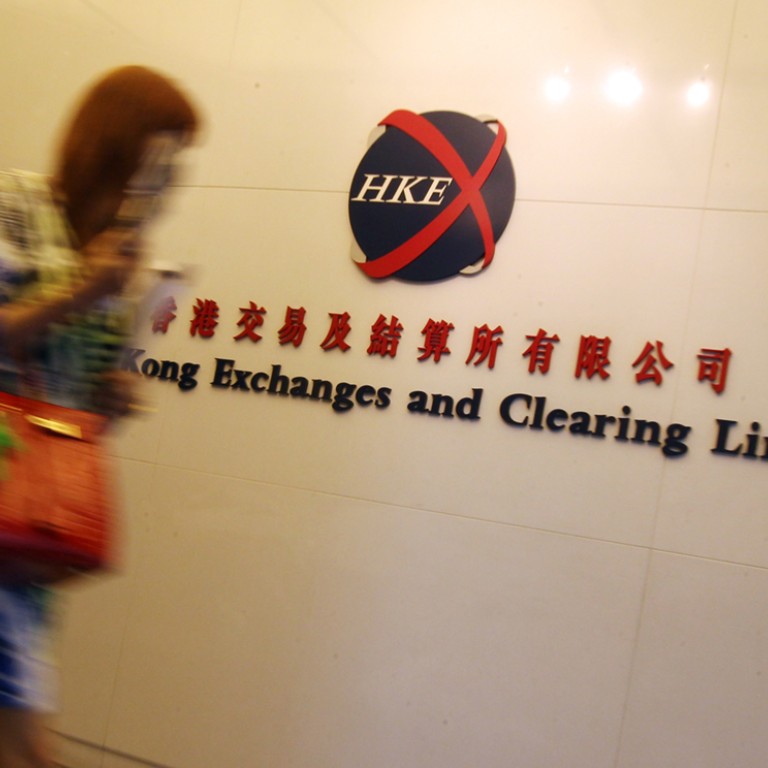
HKEx likely winner from Guangdong's SOE reform push
Hong Kong's exchange may soon see an influx of new listings from across the border as part of Guangdong's state-owned enterprise reform aimed at creating companies to compete internationally.
Hong Kong's exchange may soon see an influx of new listings from across the border - from old-brand retailers to hi-tech manufacturers - as part of Guangdong's state-owned enterprise reform aimed at creating companies to compete internationally.

Brokers and analysts see potential candidates being old-brand retailers such as Guangzhou Friendship Store and Pearl River Piano, as well as Shenzhen Energy Group and conglomerates such as Yue Xiu and Yue Hai. They could be among those selected as "star enterprises" by way of mergers or via listing with Hong Kong Exchanges and Clearing.
The reform may already be under way with Guangzhou Friendship Store having suspended trading of its shares on the Shenzhen Stock Exchange on September 2. The company, established in 1957, said the suspension was pending reform of its structure under the new blueprint, while some analysts speculated the move might mean it plans to merge with other retailers to form a bigger group.
Another old-brand SOE in Guangdong, Shenzhen-listed Pearl River Piano, the nation's largest piano maker in partnership with Japan's Yamaha, said earlier this month it would invest 98 million yuan to set up a multimedia company to produce and distribute films, television programmes as well as advertisements.
The firm said the investment was part of the government's mission for it to diversify from piano making to become a multicultural conglomerate.
Joseph Tong Tang, executive director of Sun Hung Kai Financial, believes the SOE reform may see mainland authorities approving more big Guangdong players to list in Hong Kong.
"If the Guangdong government wants to create star-quality enterprises to compete in the international world, they have to allow these companies to list in Hong Kong, which is where international investors would trade. Shenzhen Stock Exchange is traded by domestic mainland investors," Tong said.
"Many Guangdong companies are earning good profits but they are low profile and mainland regulators seldom approve Guangdong-based companies to list in Hong Kong."
Tong added that SOE reform in the province may provide opportunities for Hong Kong investment banks to fight for the listing of Guangdong enterprises in the city.
The experience of Shenzhen-based ZTE is proof of how Hong Kong listings can boost international status. The company, now the world's fifth-largest telecommunications equipment supplier, was initially traded on the Shenzhen bourse before moving to the Hong Kong exchange. Last year its turnover was 86.2 billion yuan and it had total assets of 102.47 billion yuan - meeting the threshold set down by the Guangdong government.
Gilbert Ho, managing partner of AID Partners Capital, a Hong Kong-based private equity fund, expects the reform would see more SOEs from Guangdong seeking an IPO as part of their strategy to attract private investors. "From a foreign investor's point of view, we would prefer companies to list in Hong Kong which is more widely traded by international investors," he said.
Frank Lyn, a Hong Kong-based partner at auditor PricewaterhouseCoopers, said Hong Kong may benefit from the spin-off listings of the two Guangdong-based conglomerates, Yue Xiu and Yue Hai, which had listed a portion of their assets on the Hong Kong stock exchange.


